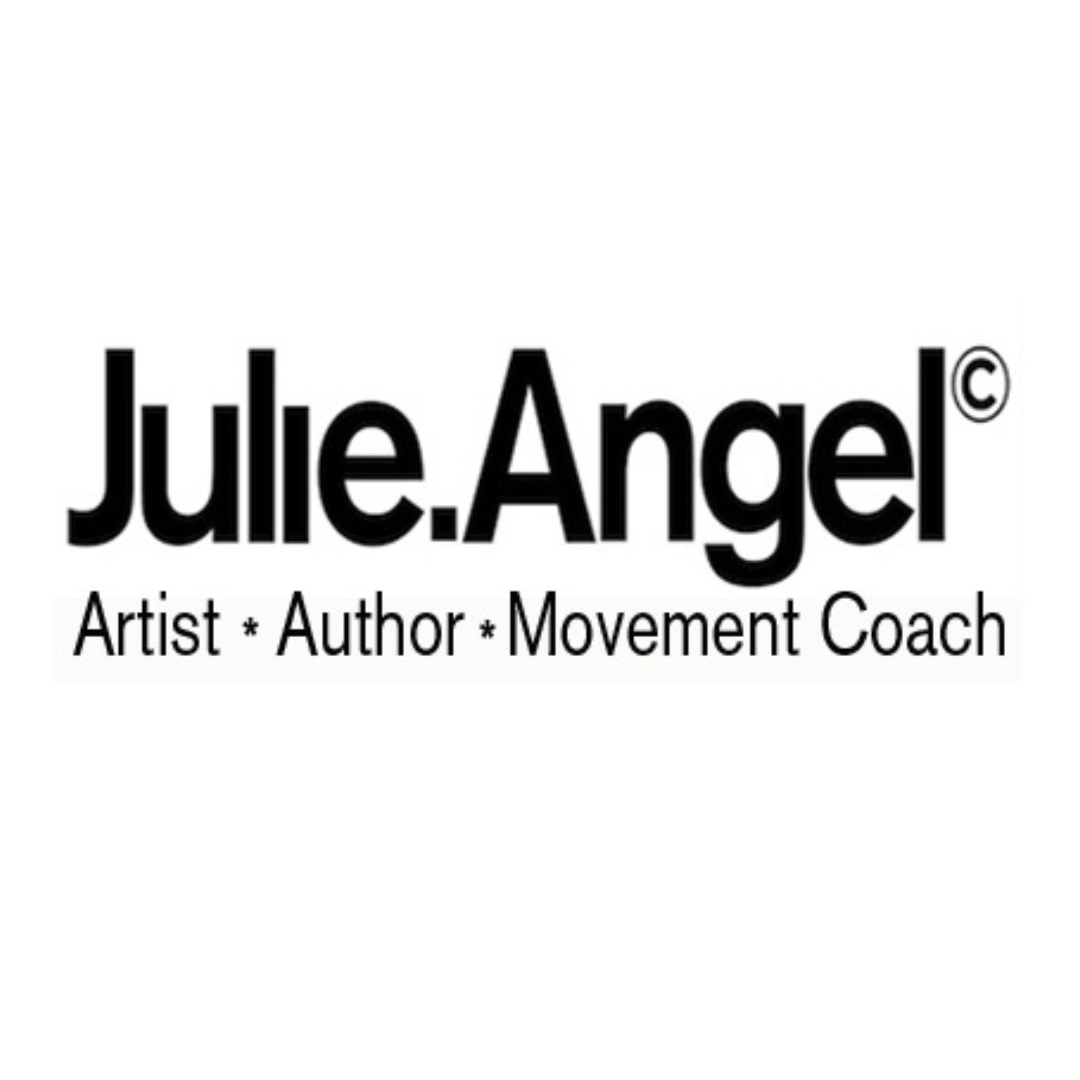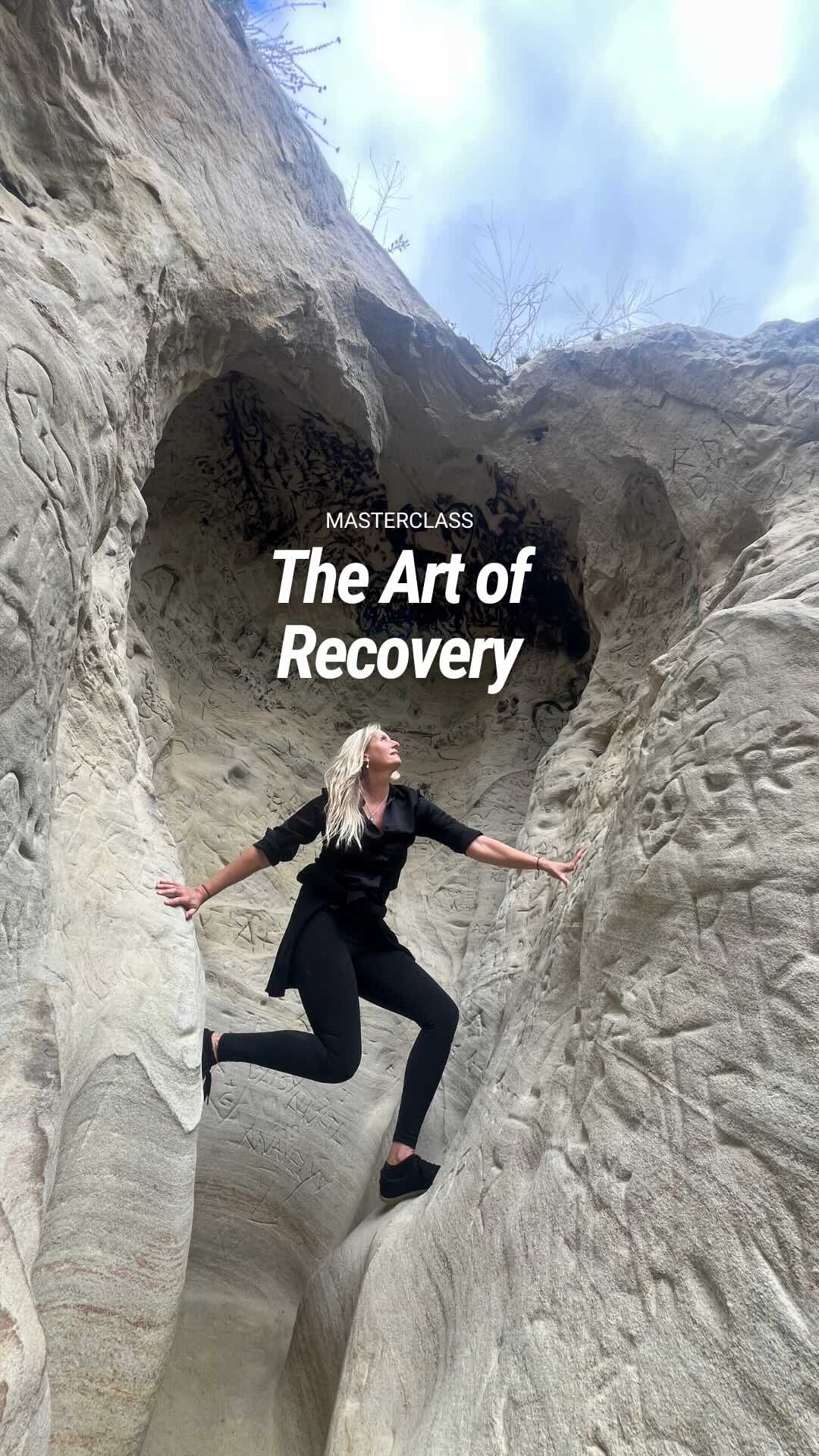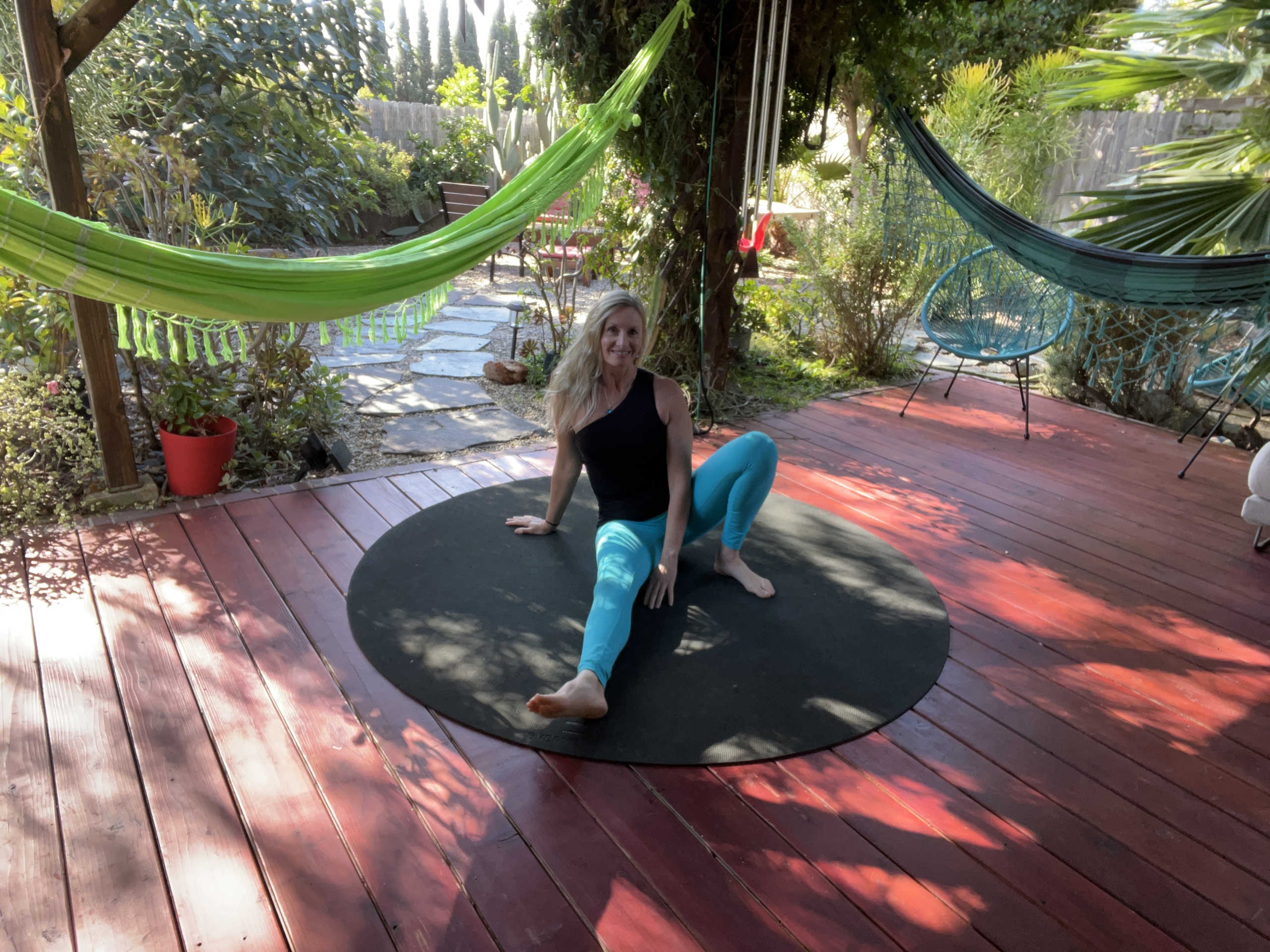Redefining Strength and Rest: A Guide for Women Over 50
Ageing offers an opportunity for self-knowledge, transformation and growth. For women over 50, adopting a lifestyle that balances joyful movement and sufficient intentional recalibration and regulation—Strong Resting—can provide the foundation for improved health, energy, and vitality. By addressing limiting beliefs, embracing the Change Cycle as a framework for growth, and integrating small, sustainable changes, you can have movement for life.
Table of contents:
- Introduction to Strong Resting and the Change Cycle
- Action Plan for Women Over 50
- Breaking Free from Limiting Beliefs
- Understanding the Change Cycle
- Creating a Practice of Joyful Movement
- Building Restorative Moments into Your Day
- Reflection Questions for Self-Discovery
- The Benefits of Strong Resting and Movement for Life
- Conclusion: Redefining Success and Aging Gracefully
Strong Resting & the Change Cycle
Strong Resting is the other side of coin of training. It is the time when we get to rebuild and allow for the repair, rebuild and get stronger. If you want to train hard, you need to rest HARDER.
As always, it's about being smarter more than going harder - even when it comes to rest.
It's a way to self-regulate your nervous system through a combination of creative tools from breathwork to nutrition, play, sleep and movement.
Regulating the nervous system is vital for recovery and repair, especially when engaging in physical training. Exercise places controlled stress on the body, triggering the sympathetic branch of the nervous system (commonly known as the “fight or flight” response). This stress causes microtears in muscles, depletes energy reserves, and elevates cortisol levels. While these are normal responses to training, the body needs to shift into the parasympathetic state—the “rest and digest” mode—for true repair and adaptation to occur. During this recovery phase, the body rebuilds muscle fibers stronger, replenishes energy stores, and restores hormonal balance.
Without sufficient recovery, prolonged stress can lead to overtraining, fatigue, and diminished performance. Integrating practices like mindful breathing, quality sleep, and low-intensity movement helps to downregulate the nervous system, ensuring your body can heal, grow, and sustain long-term resilience.
Action Plan for Women Over 50
1. Breaking Free from Limiting Beliefs
Ageing often brings deeply rooted societal messages about limitations. To thrive, it’s crucial to challenge these beliefs and redefine what’s possible.
- Reframe Ageing: Recognise that many “declines” associated with ageing are based on mindset, not biology.
- Build Confidence: Celebrate small successes to create momentum and confidence.
Ask yourself:
- What assumptions about ageing are holding me back?
- What societal beliefs about ageing do I want to reject, and why?
Actionable Tip: Write down a limiting belief you hold about ageing and replace it with a new, empowering affirmation, such as “I am capable of learning and growing at any age.”
2. Understanding the Change Cycle
Personal transformation follows the Change Cycle, which includes four stages. Understanding these can help you navigate challenges and celebrate progress.
- : Rebuilding After Fear
This stage is about letting go of past habits or fears and confronting uncertainty. It's a time for reflection and creating a clean slate.
Ask yourself:- What fears are holding me back from trying new activities?
- How can I begin to rebuild my health and vitality from where I am now?
- : Visualizing Goals
In this stage, you focus on dreaming and planning. Picture the life you want to create and identify the steps to get there.
Ask yourself:- What would a perfect day of balanced activity and rest look like for me?
- What health goals excite and inspire me right now?
- : Taking Action Despite Setbacks
This is the stage of experimentation. You try new things, adjust, and persevere through challenges.
Ask yourself:- How can I celebrate small wins on my journey to better health?
- How can small daily actions add up to meaningful improvements?
- : Enjoying and Adapting
In the final stage, you reap the rewards of your efforts and adapt your routine to maintain progress.
Ask yourself:- In what ways can I make movement or exercise enjoyable?
- How can I redefine success and well-being at this stage in my life?
3. Creating a Practice of Joyful Movement
Movement doesn’t need to be intense to be transformative. The key is finding activities that bring you joy and align with your physical needs.
- Focus on Functional Movements: Activities like walking, ground work, or parkour styled play in the environment for strength and flexibility while reducing the risk of injury.
- Explore Playful Options: Trying something new, like climbing trees, dancing or a martial arts class, can reignite your enthusiasm for movement.
- Celebrate Progress: Acknowledge every step forward, no matter how small.
Ask yourself:
- What movements feel joyful and energizing for me right now?
- What activities or skills have I always wanted to try, regardless of my age?
Actionable Tip: Start with 10 minutes of movement snacks each day, focusing on activities that feel natural and enjoyable.
4. Building Restful Moments into Your Day
Recovery is essential for maintaining energy and mental clarity. By practicing Strong Resting, you create space to recharge and regulate your nervous system.
- Incorporate Mindful Rest: Techniques like deep breathing or meditation can calm your mind and body.
- Align Rest With Energy Levels: Schedule moments of calm during natural energy dips.
- Make Rest Intentional: Treat rest as a vital part of your routine, not an afterthought.
Ask yourself:
- How can I incorporate more mindful rest into my day?
- What routines or habits best support my energy and motivation?
Actionable Tip: Spend 5-10 minutes each day in a restorative posture, focusing on slow, deep breaths to center yourself.
Reflection Questions for Self-Discovery
Use these prompts to guide your journey toward balanced living:
- What does health look and feel like for me in this stage of life?
- What societal beliefs about ageing do I want to reject, and why?
- What limiting beliefs about ageing could I let go of to support my goals?
- In what ways can I be more mindful in my daily life, noticing new things?
- How can I redefine success or well-being at this stage in my life?
The Benefits of Strong Resting and Movement for Life
Balancing movement and rest offers a wide range of benefits:
- Improved Physical Strength: Functional movements support daily activities and prevent injuries.
- Better Mental Clarity and Emotional Resilience: Mindful recovery enhances focus and reduces stress.
- Sustainable Health Habits: A balanced approach helps avoid burnout, making routines easier to maintain.
- A Positive Aging Mindset: Embracing growth and rejecting limiting beliefs fosters confidence and purpose.
- Increased Energy and Vitality: Recovery and movement together regulate hormones and improve overall energy levels.
Conclusion: Redefining Success and Aging Gracefully
Ageing is a time of transformation and opportunity. By following the Change Cycle, integrating joyful movement, and prioritising intentional regulation, you can create a life that supports your health, energy, and happiness. Begin by reflecting on the questions above, and remember that every small step adds up to meaningful change over time.
Ask yourself, What is one action I can take today to move closer to a balanced and vibrant life? Then take that step and celebrate the progress you’re making.



